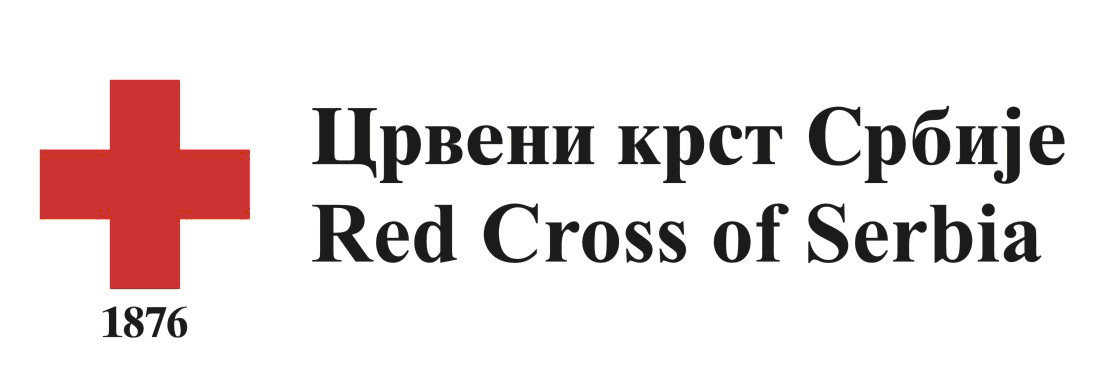RECOMMENDATIONS FOR OLDER PEOPLE DURING SUMMER HEATWAVE

Older people find it harder to bear than younger people when the air temperature is high. There are several reasons for this:
- They are slower to adapt
- Many of them have chronical conditions that can affect normal somatic responses to high temperature
- Some of them more frequently take medication that affects body temperature or medication that affects perspiration
It is recommended that during the heatwave older people should stay out of the sun at least between 10 in the morning and 5 in the afternoon. This especially goes for chronical patients, people with heart conditions or diabetes patients. If the older person absolutely has to leave their home during the heatwave, it is recommended to do it in early morning or later evening hours.
During the time in the sun, the head must be protected with a hat, cap or scarf.
For older people with mobility difficulties it is mandatory to periodically air the room they are in, to adjust the air conditioning system temperature correctly (the temperature difference between indoors and outdoors should not exceed 70 to 10 degrees), to draw the curtains on the windows and maintain the room hygiene.
If the person uses a wheelchair, a walker or other mobility aids made of metal, they should be kept in the shade as to avoid sunlight and potentially cause burns.
It is recommended to drink at least two liters of non-carbonated water per day, which amounts to approximately eight glasses. Excessively cold water should be avoided as it may cause cramps. Consulting a physician is mandatory if the person is on medication that affects excretion of fluids.
It is recommended to eat seasonal fruits and vegetables. Cool dishes and salads will help maintain one’s organism hydrated and they also do not demand using the oven or stove which contributes to the apartment being somewhat cooler. It is recommended to have several smaller meals during the day and to avoid deep fried, fried, sweet, salty or spicy meals.
Regular visits to the physician should be paid, the prescribed therapy should be regularly taken and the blood pressure should be checked with higher frequency especially during hot, humid days.
Personal hygiene is very important – using tepid water is recommended.
Headache, nausea and vertigo are alarming symptoms – they mean a physician should be visited as soon as possible.
Family members, relatives, friends, neighbors and volunteers should increase the frequency of contacting the older person during hot summer days (at minimum two times per day).
